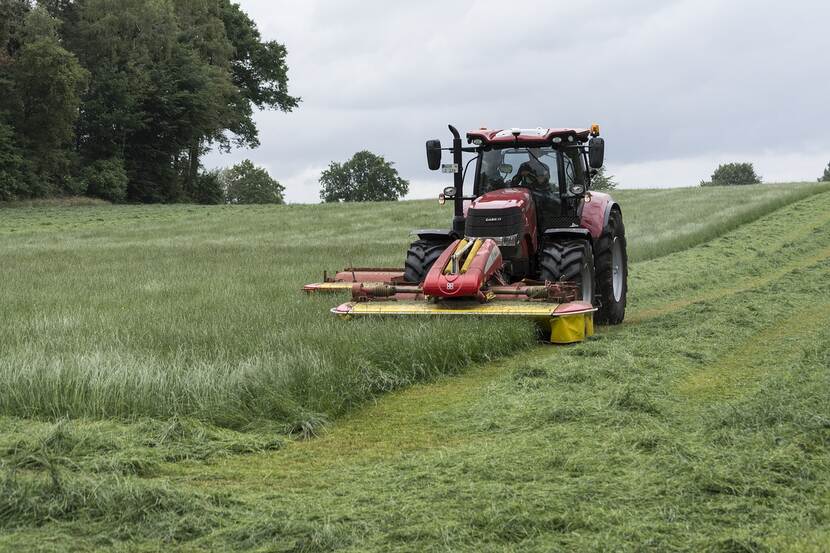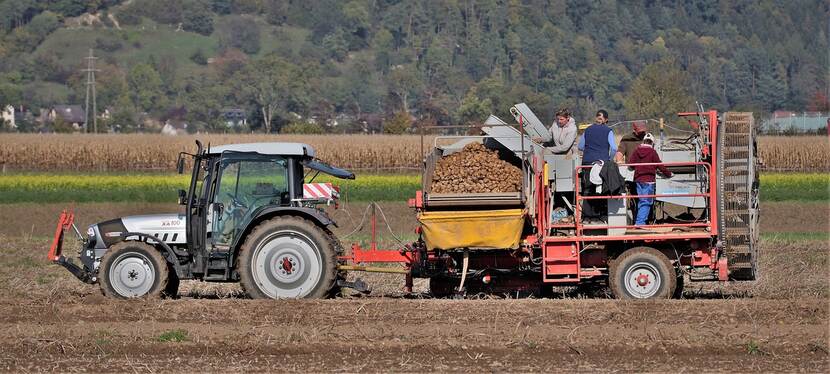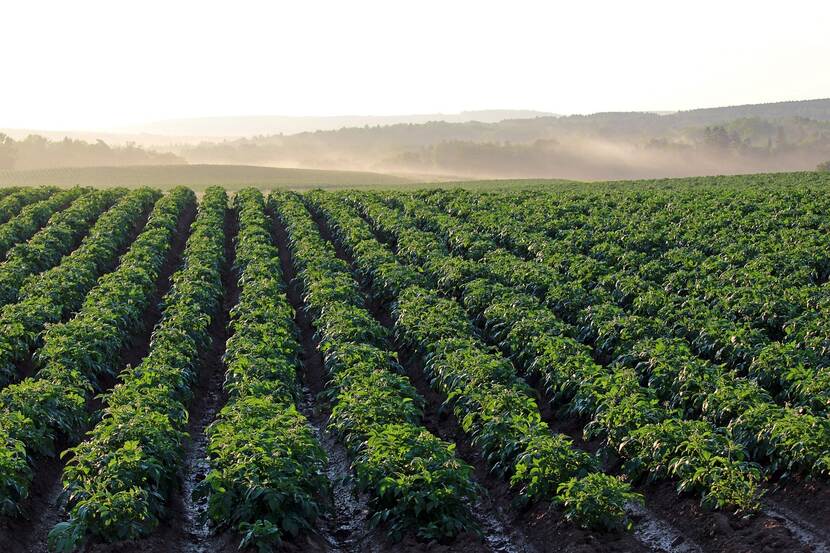Agricultural cooperatives rare in Kazakhstan
Agricultural cooperatives can help small farmers compete with large enterprises, increase production and productivity, gain access to markets, and overcome structural weaknesses related to the size of the enterprise. Despite their widespread occurrence in developed countries, only a small number of farmers and farms in Kazakhstan are members of cooperatives.

For the sustainable development of the cooperative model in the country, it is necessary to reorient the existing mechanisms of state support to create a favourable business environment conducive to deeper cooperation between producers. It is important to raise public awareness, especially in rural areas, through the development of both educational and information programs.
Small agricultural producers in Kazakhstan often face a number of difficulties related to access to supply chains, competition with large agricultural enterprises and overcoming difficulties related to the scale of production. These include higher costs per unit of product collection and transportation, high risks to food safety, uneven product quality, limited access to agricultural knowledge and consulting services, a weak credit system, as well as limited vertical integration between processors and small farmers.
In this regard, agricultural cooperatives can help small farmers increase productivity and benefit from economies of scale, greater bargaining power with other participants in the supply chain, and better access to knowledge and technology transfer systems. The cooperation is designed to facilitate the successful unification of agricultural producers for the joint organisation of production, storage, processing and marketing of products, provision of basic means of production, contributing to reducing costs in the production of goods and its delivery to the consumer and the balanced development of agriculture as a whole. In addition, the creation of such cooperatives also increases the attractiveness of the lending activities of financial institutions due to the possibility of providing collective guarantees and the lower risk of default that they pose compared to individual agricultural producers.

In Kazakhstan, despite the fact that the law on Agricultural Cooperatives was adopted back in 2015, this institution is still underdeveloped. In recent years, the Government has carried out a number of important reforms to support the development of agricultural cooperatives, especially in terms of legal regulation, but the process is generally quite slow. So, at the end of 2023, there were 3,911 agricultural cooperatives in the country, of which approximately 39.4 thousand were members. agricultural producers, of which: 55% are households, 44% are peasant and farm enterprises and individual entrepreneurs, 1% are agricultural enterprises (legal entities). At the same time, by the end of 2023, more than 1.9 million agricultural producers were operating in Kazakhstan. That is, only 2% of active agricultural producers are members of cooperatives.
Although the total number of cooperatives in Kazakhstan is comparable to, and in some cases even exceeds, developed countries, membership in them is extremely limited. In Europe and the USA, the share of cooperative members in the total number of agricultural producers exceeds 90%. In other words, almost all agricultural producers in Western countries are members of one or another cooperative. The average farmer is a member of at least two. Cooperatives are present at all stages of the value chain, and farms and companies of all sizes participate in them. They tend to specialize in certain functions (e.g. marketing, processing, supply), often operating under the auspices of other organisations.
In our opinion, the main reason for the low prevalence of agricultural cooperatives in Kazakhstan is the comprehensive support of the state, which has replaced market mechanisms. As we have written more than once, today private business in agriculture has largely become dependent on government support and does not seek to survive through competition. Local farmers are largely confident that the state will always provide them with financial support, even in the most favourable times. In such conditions, farmers do not have sufficient incentives to join cooperatives and increase their productivity. The same difficulties are pointed out by the OECD, which in 2019 released a detailed report on the state of development of agricultural cooperatives in Kazakhstan. Although more than 5 years have passed since then, there has been no significant progress in this area yet.

Thus, according to the OECD report, in order for the cooperative model to take root and be sustainable, it is necessary to reduce the dependence of agricultural producers on the state. In the long term, it is important to encourage cooperatives to mobilize their own sources of financing, both internal and external. Internal sources include increasing transactions with existing members, retaining excess income for future investments and attracting new members, whereas external sources may be increasing transactions with non-members and securing investments on their part by issuing investment certificates with the right of assignment.
The OECD also points to limited awareness and trust in the cooperative model in Kazakhstan due to the negative experience of collective farming during the Soviet period. To regain this trust, it is important to raise public awareness of cooperatives, especially in rural areas, through the development of various educational and information programs. Farmers should be provided with basic education in the field of cooperatives, guidance on how to create a new agricultural cooperative, as well as legal support and advice on the various support mechanisms available to cooperatives.
In general, we emphasise once again that the development of agricultural cooperatives is impossible without private initiative. Instead of subsidized support in the form of various subsidies that have not proven their effectiveness, the state should focus on creating a favourable environment for entrepreneurship, investment and business activity, stimulating agricultural producers to closer and multidirectional cooperation.
By Sanzhar Kaldarov for Halyk Finance (Kazakhstan).